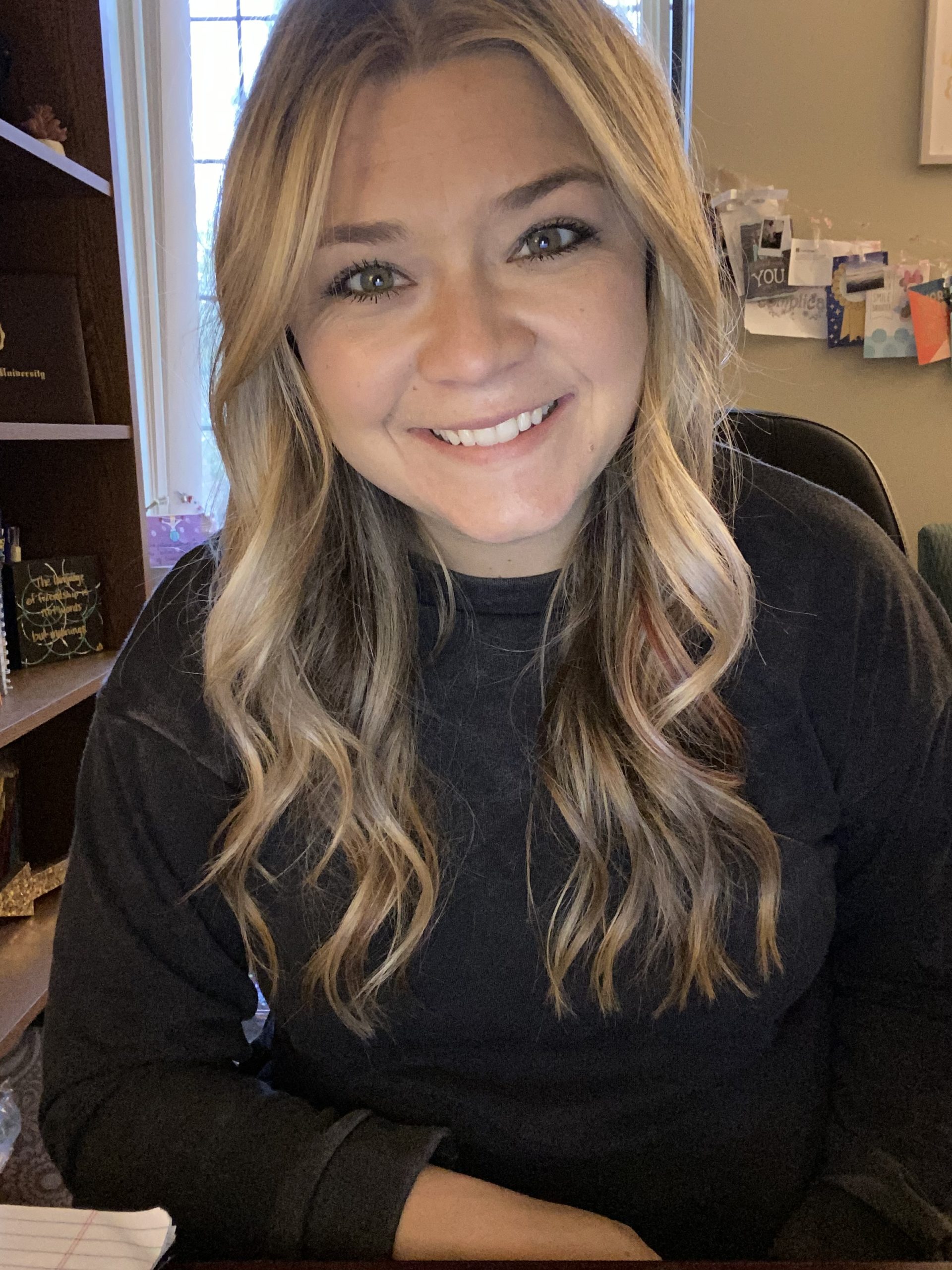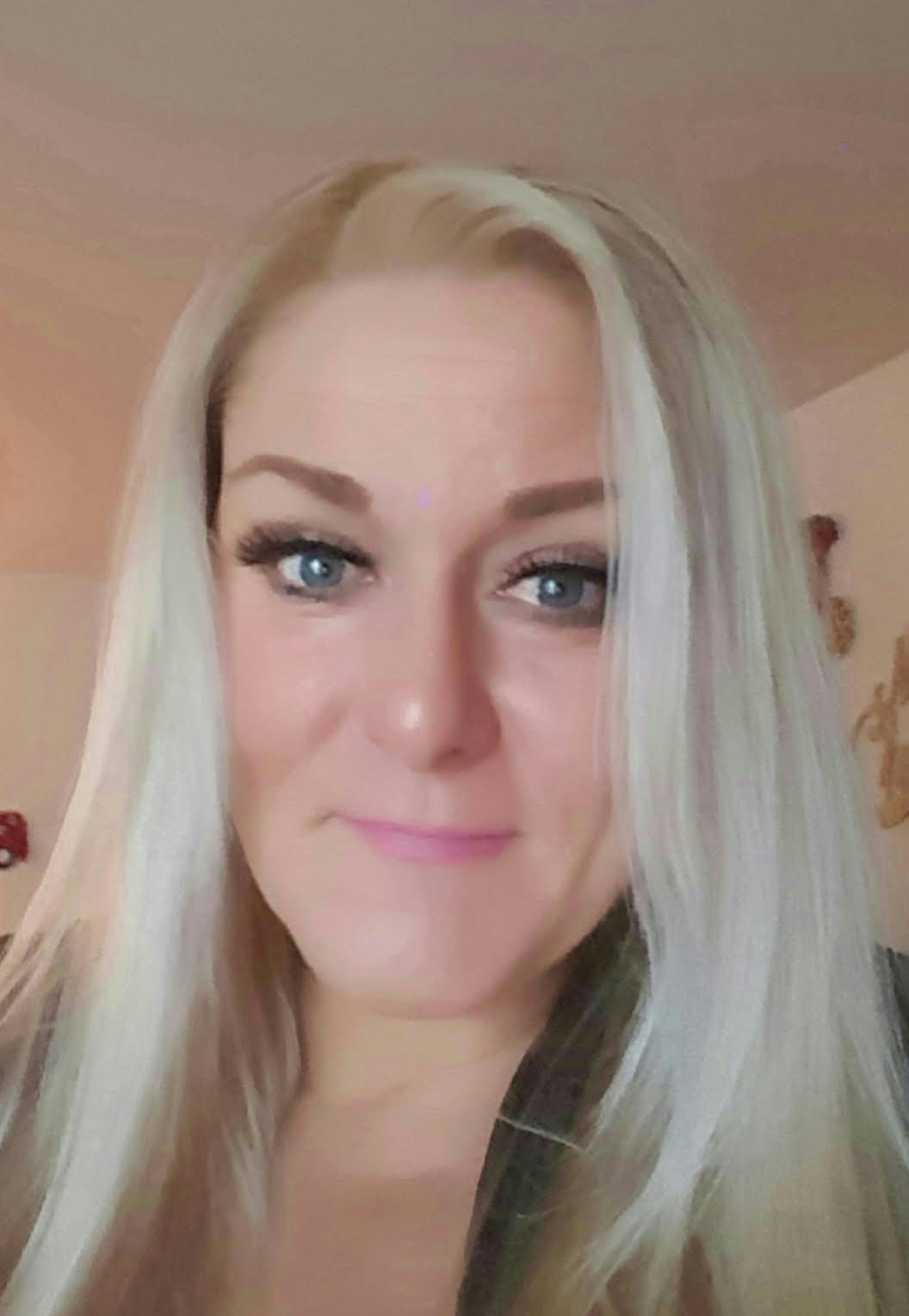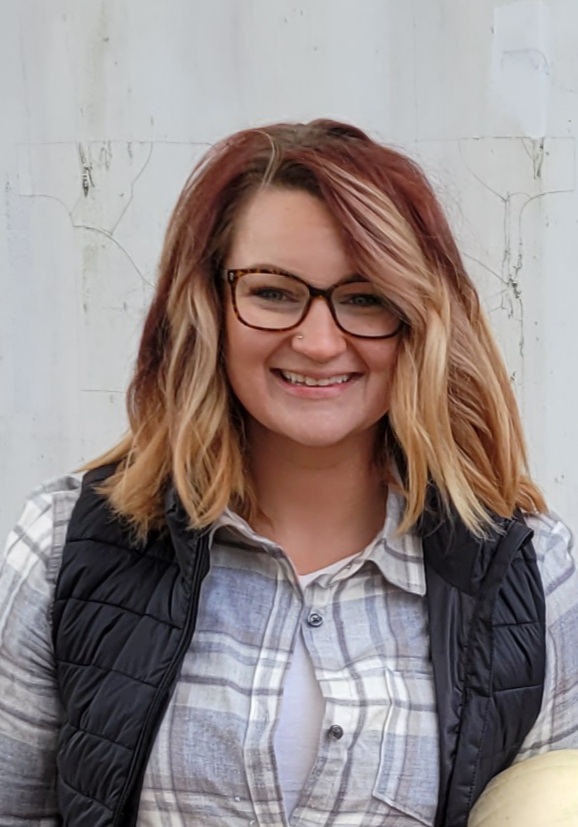Speaker(s):
Shari Scott, M.A., LPC
Presentation:
Youth suicide frequently graces the covers of magazines, social media, and local news channels. It’s a topic that increases in coverage as the statistics for suicide deaths among youth simultaneously climb upward. Suicide ranks as the second leading cause of death for persons aged 10-24 and the rates increase yearly. The victims left in its path are perplexed and dig through social media posts and the personal belongings of the deceased looking for answers.
Published research and post-mortem analysis of completed suicides in youth point to highly correlative factors such as the presence of psychosocial, mental health, and substance abuse issues. But what happens to the loved ones after someone dies a death by suicide? What can one expect from the grief journey and how can professionals support the grieving child, teen, or adult?
This presentation covers a post-mortem analysis of nearly 3000 youth suicide deaths to uncover pre-existing and contributing factors in the lives of those who died by suicide. It also provides tips on how to support the bereaved child, teen, or adult on their grief journey.
Objectives:
- Examine nearly 3000 youth suicide deaths to determine underlying causes
- Explore statistics related to youth suicide deaths
- Define risk factors and red flags in suicidal youth
- Discuss ways to talk to youth about suicide
- Review the psychosocial, mental health, and substance abuse/use factors in suicidal youth
Slides and Handouts:
SCOTT_Pediatric Suicide and Loss MIMH 2021







